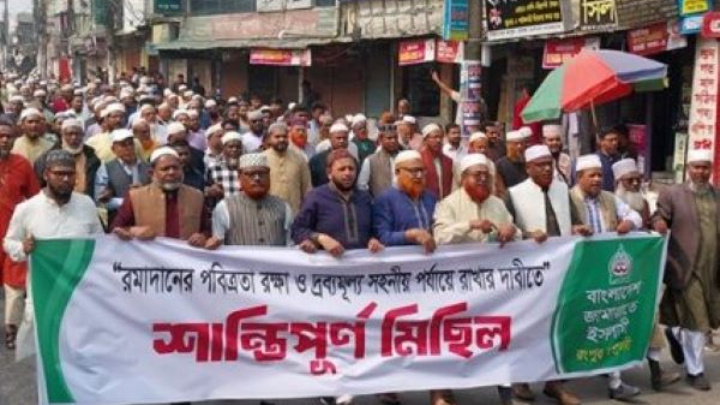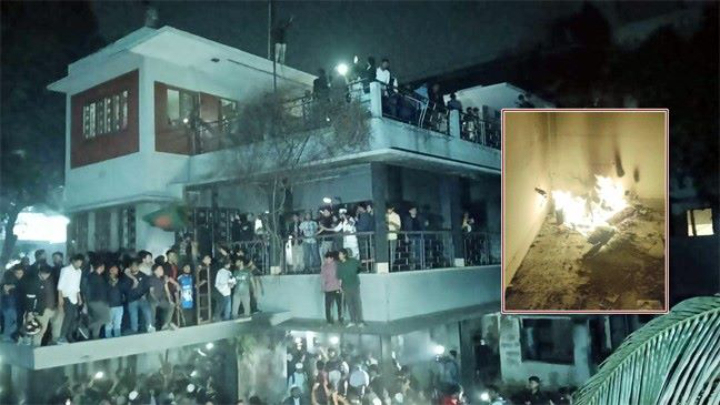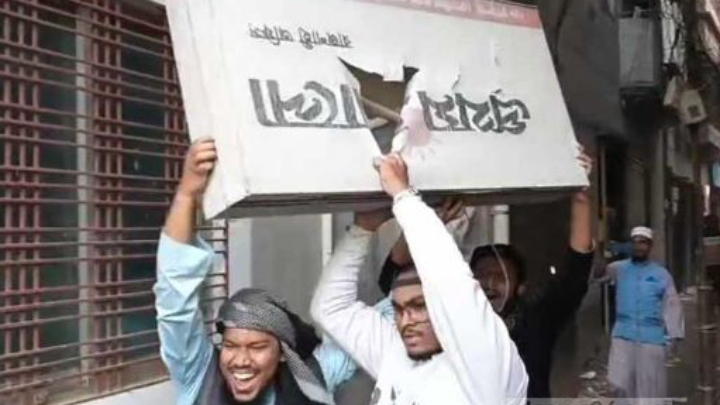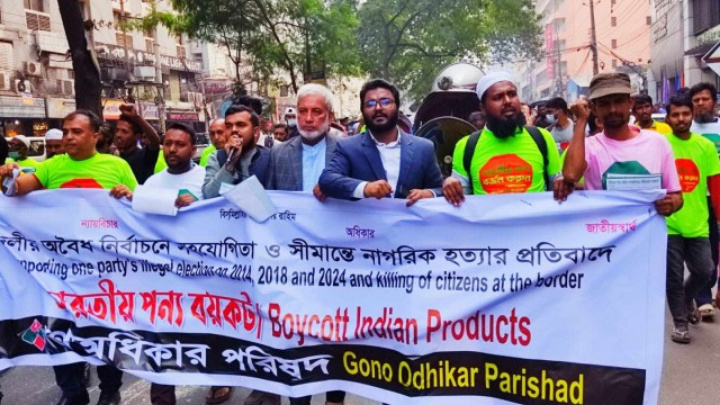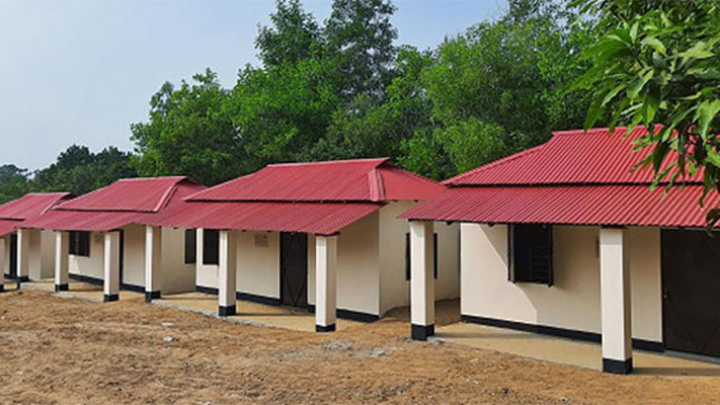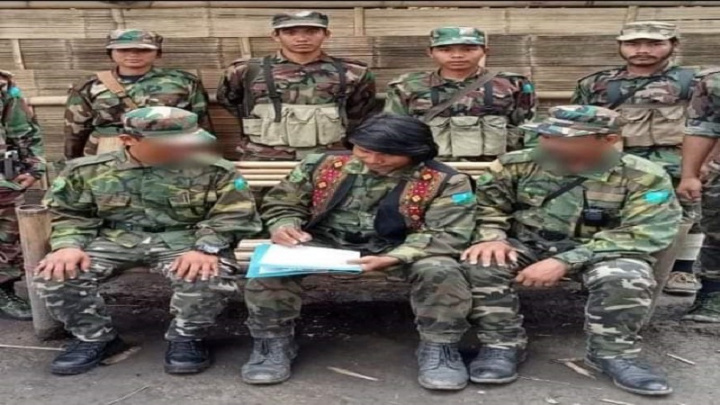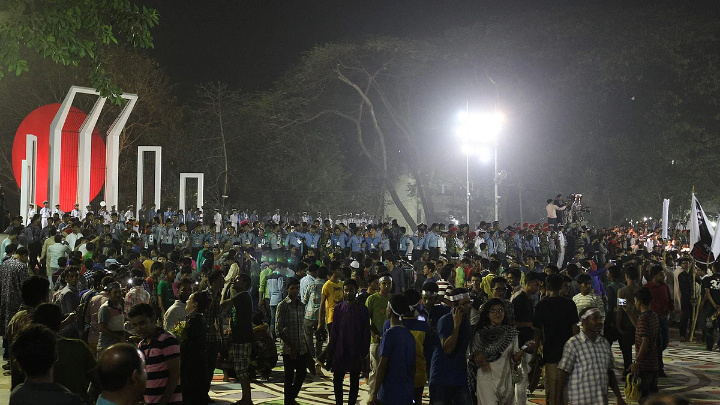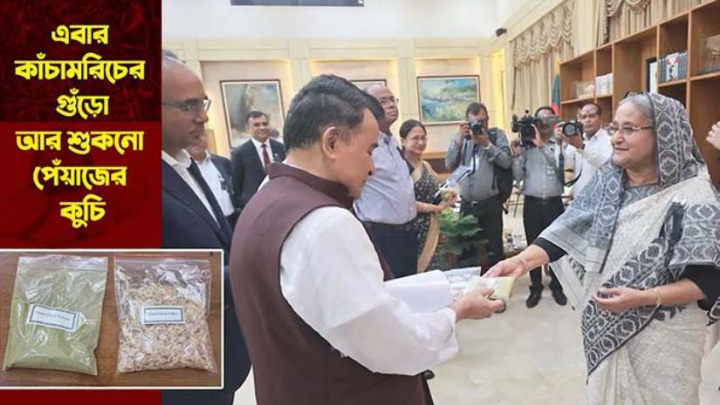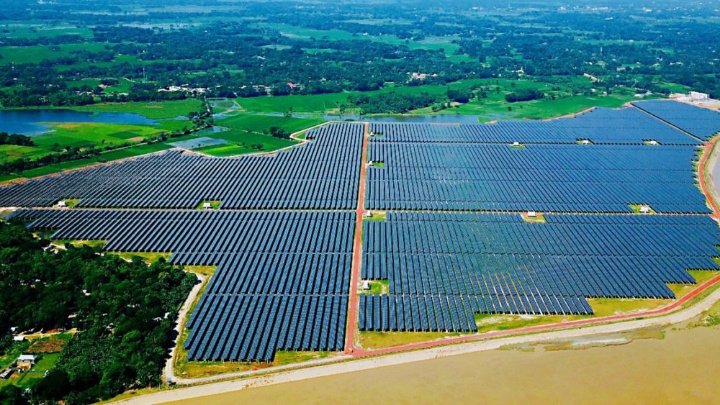Rohingya is a burden for Bangladesh
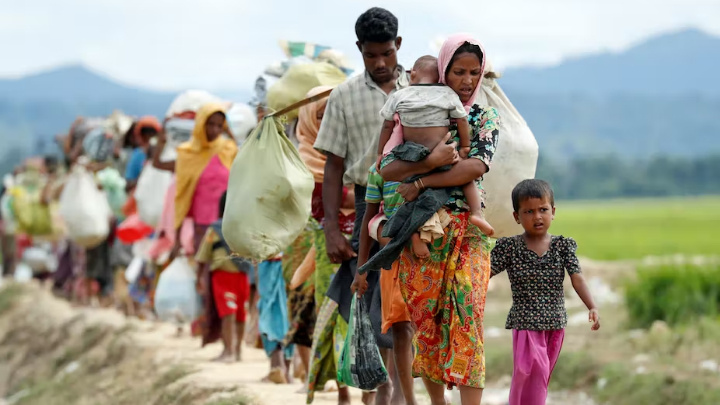
Bangladeshis have left large areas of Teknaf and Cox's Bazar to accommodate Rohingyas from Myanmar. But since then, Bangladeshis have become a minority in their own area.
About 100 acres of agricultural land in Ukhia-Teknaf has become unsuitable for cultivation due to waste and excrement from Rohingya camps. The amount of uncultivated land has been increasing for the last 4 years.
Complaints of the aggrieved farmers, in the last 4 years, several times verbally and unwrittenly informed the concerned, but no action was taken. As a result, the affected farmers are in financial crisis as farming has been disrupted.
It is learned that paddy fields across the vast area of Paschimpara and Lombashia adjacent to Kutupalong camp in Ukhia have been filled with excrement, plastic bottles, indigestible and indigestible garbage.
Originally from a few camps in the Rohingya camps, these wastes and human waste were dumped directly into agricultural land. Most of the relief items are packaging and used items. All in all, the whole area has become a wasteland.
Local farmer Jamal Uddin said, “Waste from 5 camps including D4, Five, One and Two East is dumped on our agricultural land. Due to this, since the arrival of Rohingyas, cultivation in these lands has been stopped for last 4 years. But by cultivating these lands, our family survives for the whole year.
Another farmer, Abdur Rahman, said paddy cultivation had stopped since the Rohingyas arrived in 2016. But this land is our only means of livelihood. But in the last 4 years, I am in financial difficulties as paddy cultivation has stopped.
In this regard, UP member of Ukhia Rajapalang Union Parishad (Kutupalong) Helal Uddin said, “Although we applied to various places for drainage of water through a U-drain, no solution was found.
Fazal Quader Chowdhury, president of Bangladesh Environment Movement Bapar Cox's Bazar, said the Rohingyas have occupied 5,000 acres of land since their arrival. These camps were formed by destroying the plants in the land. Many locals have had to give up their land for them.
